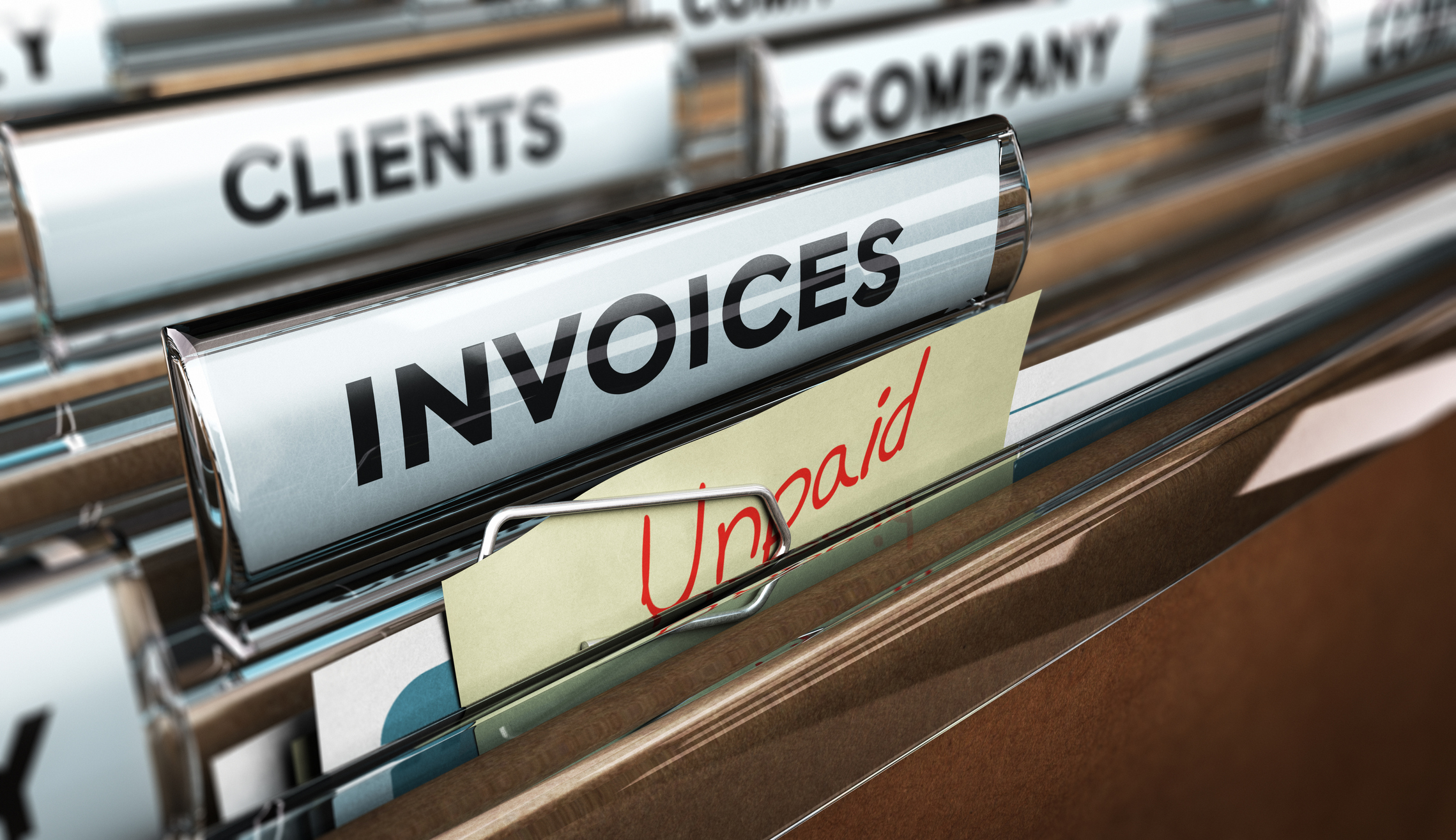Although it can seem tedious or time-consuming, record keeping is a vital part of any business.
Incorrect or incomplete records can have adverse consequences for your business.
Understanding how your business is performing and planning for the future is difficult without accurate information, for example.
Worse, you may not be complying with HMRC requirements, which could lead to a fine.
Keeping proper records, however, will bring many benefits to your business. And fortunately, it doesn’t have to be difficult or take up much of your valuable time – a software package like Xero (for instance) can make the process very straightforward.
Benefits of record keeping – obvious and not-so-obvious
Compliance with HMRC
Understanding how your business is performing and planning for the future is difficult without accurate information, for example.
Worse, you may not be complying with HMRC requirements, which could lead to a fine.
Keeping proper records, however, will bring many benefits to your business. And fortunately, it doesn’t have to be difficult or take up much of your valuable time – a software package like Xero (for instance) can make the process very straightforward.
Having well-maintained records of all your business transactions means you always know exactly what tax is due and when. This allows you to plan your cash flow, and takes away the uncertainty and worry around tax compliance. Keeping records of business expenditure is crucial for proving your profit calculations – remember that HMRC can request past records from up to six years prior. Additionally, if you’re VAT registered, filing a VAT return with
inadequate records can be extremely difficult and time-consuming – and for those who are using MTD, keeping full electronic records is mandatory. With up-to-date records, however, it becomes very simple, and a software package such as Xero can produce and file a full return in seconds.
Transparency in your business workings

You almost certainly know how much revenue and how much profit your business has made this year, probably down to the penny. But do you know which of your products or services is producing the highest gross profit? Which area of your business is growing the fastest? Exactly how much did you spend on travel and subsistence last month, and was it too much?
Is there an area that is suddenly different this month from last that needs drilling into? Has your spend increased with any suppliers, now warranting asking for better volume discounts?
This type of information is invaluable for managing a growing business. It enables you to make well-informed decisions and strategies, both short- and long-term, that will grow your bottom line.
Acquiring Funding
When applying for a bank loan for your business, being able to present detailed profit and loss statements, is a very positive indication to lenders. As well as giving them clear details, it shows you are organised, and keeping close track of your business’s operations. Lenders are far more likely to approve funding when these records are available and show your business’s forecast growth.
Profit Distribution
When you draw cash from the business for personal use, or pay shareholders a dividend, it is important you don’t take out more than is available – distributable profit does not equal cash in hand! With your past records, coupled with your accounts payable details, you can establish exactly how much cash is available for distribution and whether an amount must be retained for bills due for payment. If you’re a director of a limited company, it’s also important to keep an eye on your director’s loan balance. If you pay yourself dividends when reserves are unavailable, this counts as a loan and may have personal tax planning implications. (See our previous post for more details)
What are the most important records to keep?

The most crucial, of course, are sales and purchases. Your business should keep details of every payment that comes in or goes out of your bank account, however small. In practice, this can seem inconvenient, but having those receipts is important for all the reasons above. If your business is VAT registered, your records will need to include VAT details too.
Limited companies also need to keep records of loans made to or from the company. This includes directors’ loans, details of inventory, annual accounting statements and more. Time you spend keeping these records will save far more time in the future when quarter ends and year ends arrive.
How to get in the habit of record keeping
Keeping good records is an ongoing process. While getting things in order may initially take some work, there are ways to make everyday record keeping as easy as possible. For example:
- Use software for record keeping. Our practice recommends Xero, which makes producing invoices and entering bills a very simple and quick process. Xero also incorporates live bank feeds, so you can match bank transactions to invoices and bills easily.
- Have a clear process for all income and outgoings. Every sale must have a corresponding invoice, for example, and every expenditure must have a receipt or bill.
If you’re unsure of how to keep records, or need advice specific to your business, an accountant can help you. There is a lot of information available concerning record-keeping, and some can be contradictory. Speaking to a professional about your particular needs can be extremely helpful. In addition, bookkeeping can be a complicated subject with many rules that new business owners may be unfamiliar with. It’s important that you ask for support if you need it.
If you have any general questions about record-keeping, or if you think a bookkeeping service might be beneficial to your business, feel free to get in contact for advice!


